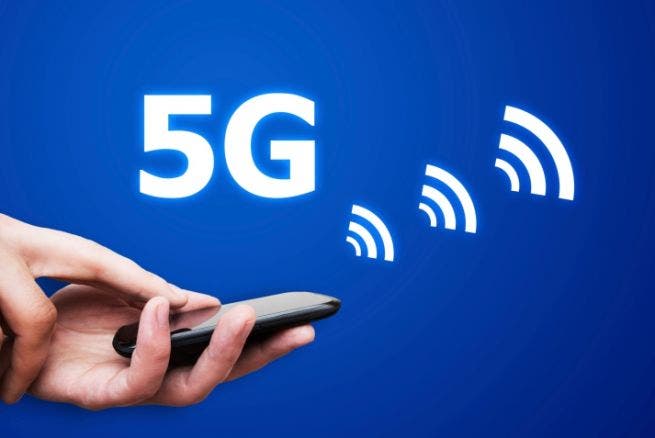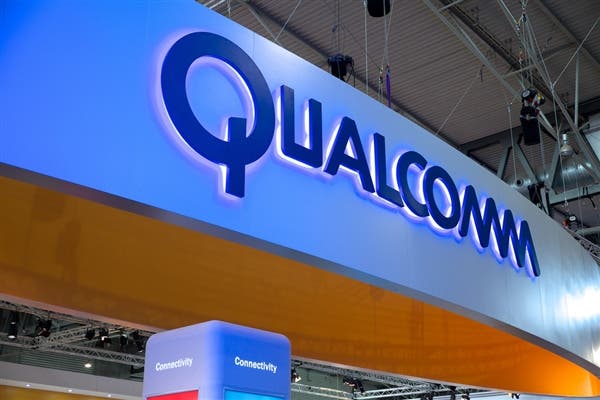Besides Artificial Intelligence (AI), another aspect of technology that is been rapidly developed is the 5G network. The 5G standard (independent networking) can be fully finalized by June this year, thus many companies including Qualcomm, are working assiduously to unveil the first 5G phone. Qualcomm’s senior vice president, Durga Prasad Malladi, revealed that its first batch of 5G mobile phones should arrive in 2018 with up to 4Gbps speed.

Gizchina News of the week
This is possible probably because the 5G non-independent networking standard has been abandoned in December 2017. It now focuses on the coverage based on the existing LTE network, that is, VoLTE will serve as a useful supplement or “retreat” for 5G. The speed will not be particularly high, and the first products should be based on this support.
Qualcomm claims that its products support global operators with frequencies covering low-frequency 600MHz, medium-frequency 2.5~4.9GHz and millimeter-wave 28/39GHz frequency bands, in which the maximum speed of intermediate frequency and millimeter wave can reach 4Gbps. There is no doubt that the first batch of 5G handsets will be flagship products, but Qualcomm also emphasizes that they will ensure that the entry-level and mid-range solutions are quickly followed up to avoid creating a widespread gap.
In addition, Qualcomm said that everyone’s imagination should never be limited to mobile phones. Tablets and notebooks will create new consumer scenes in the 5G era. According to previous official data released by Qualcomm, 19 terminal manufacturers and 18 operators will use the world’s first 5G baseband, the Xeon X50, including China’s three largest operators, Xiaomi, OPPO, and vivo.






widespread gap? between 4g and 5g? who the hell is gonna miss 5g when they use +100mbps speeds already on their devices? I don’t see any use for 5g on single devices at all. 5g speeds seem more to be used for business, where you can provide unlimited bandwidth to all computers through a good 5g router. We will need to test the ping and packet loss with those though, but they can be a very good alternative to FTTH in many cases.